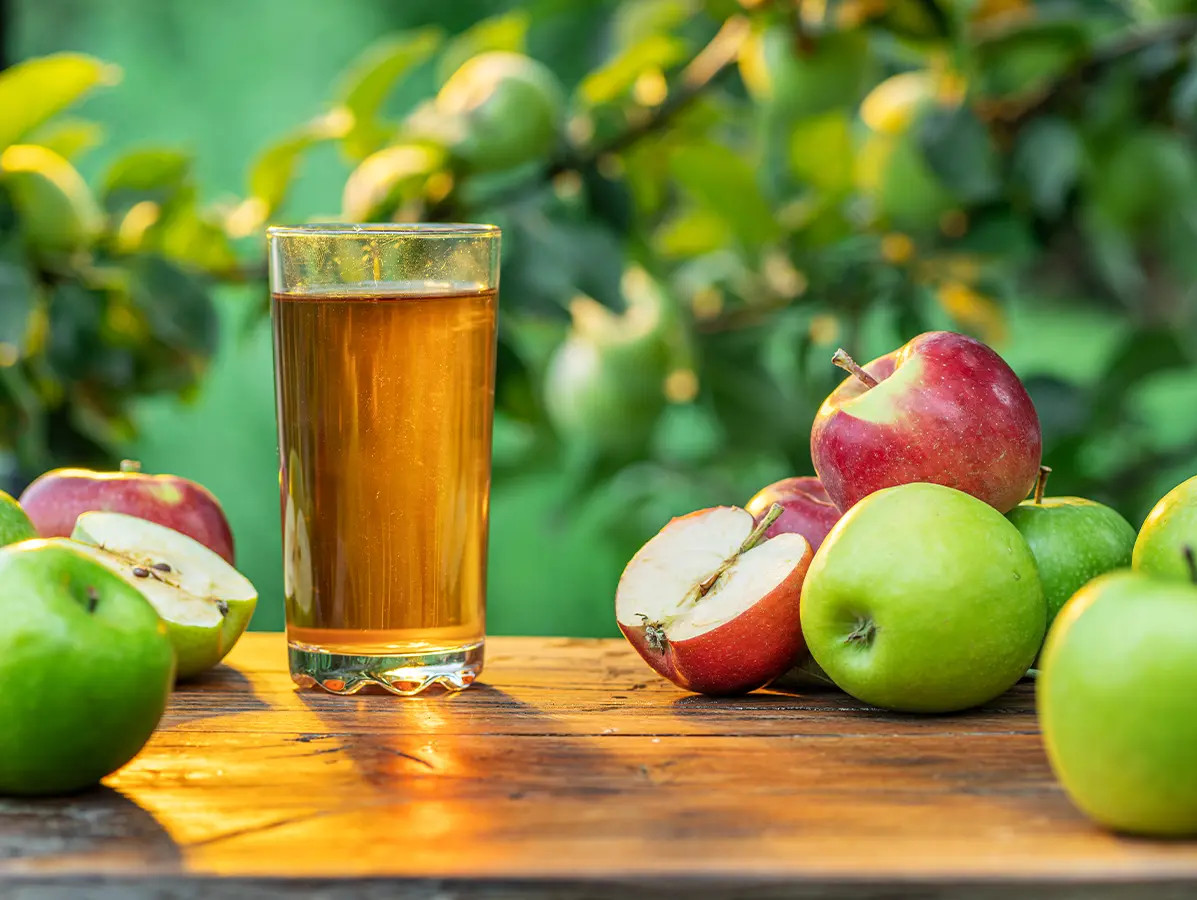We're currently searching through more than 4,000 articles, just a moment's patience...
We're currently searching through more than 4,000 articles, just a moment's patience...

The increase in the consumption tax as of January 1, 2024, seems to be having an unintended effect on the drinking habits of the Dutch. While the tax was designed to reduce the consumption of sugary drinks, recent figures show that sales of vegetable and fruit juices have dropped, while soft and energy drinks are gaining ground. According to juice producers, this tax is counterproductive for public health.
The tax hike on non-alcoholic drinks, including soft drinks and fruit juices, did not account for the difference between natural and added sugars. This means that even healthy vegetable and fruit juices are taxed more heavily, which juice producers argue is unfair. Albert Schulp of Schulp Vruchtensappen points out that the tax doesn’t contribute to health improvements but instead drives increased consumption of sugary drinks with added sugars.
Sales figures confirm this trend: in the first nine months of 2024, fruit juice sales dropped by 6 percent, while energy drinks saw a 3 percent rise. Scientists highlight that moderate consumption of pure fruit juice has health benefits, such as reducing the risk of cardiovascular diseases. Juice producers are therefore calling for a differentiated tax, similar to the system in the United Kingdom, where the tax is based on added sugars and has led to a decrease in sugar consumption.
Source: Ondernemersbelang
Vakblad Voedingsindustrie is a project of b2b Communications BV.
© COPYRIGHT 2025 VOEDINGSINDUSTRIE | ALLE RECHTEN VOORBEHOUDEN
Powered by Wallbrink Crossmedia © 2025
Een abonnement kost € 80,- exclusief 9% BTW per jaar.

We work in accordance with the privacy legislation. After your registration you will receive an e-mail with a confirmation link. Only after you have clicked on this link will you be registered as a recipient of the newsletter. If you can't find the e-mail in your inbox, please also look at unsolicited e-mail.


Lorem ipsum dolor sit amet, consectetuer adipiscing elit. Aenean commodo ligula eget dolor. Aenean massa. Cum sociis natoque penatibus et magnis dis parturient montes, nascetur ridiculus mus. Donec quam felis, ultricies nec





